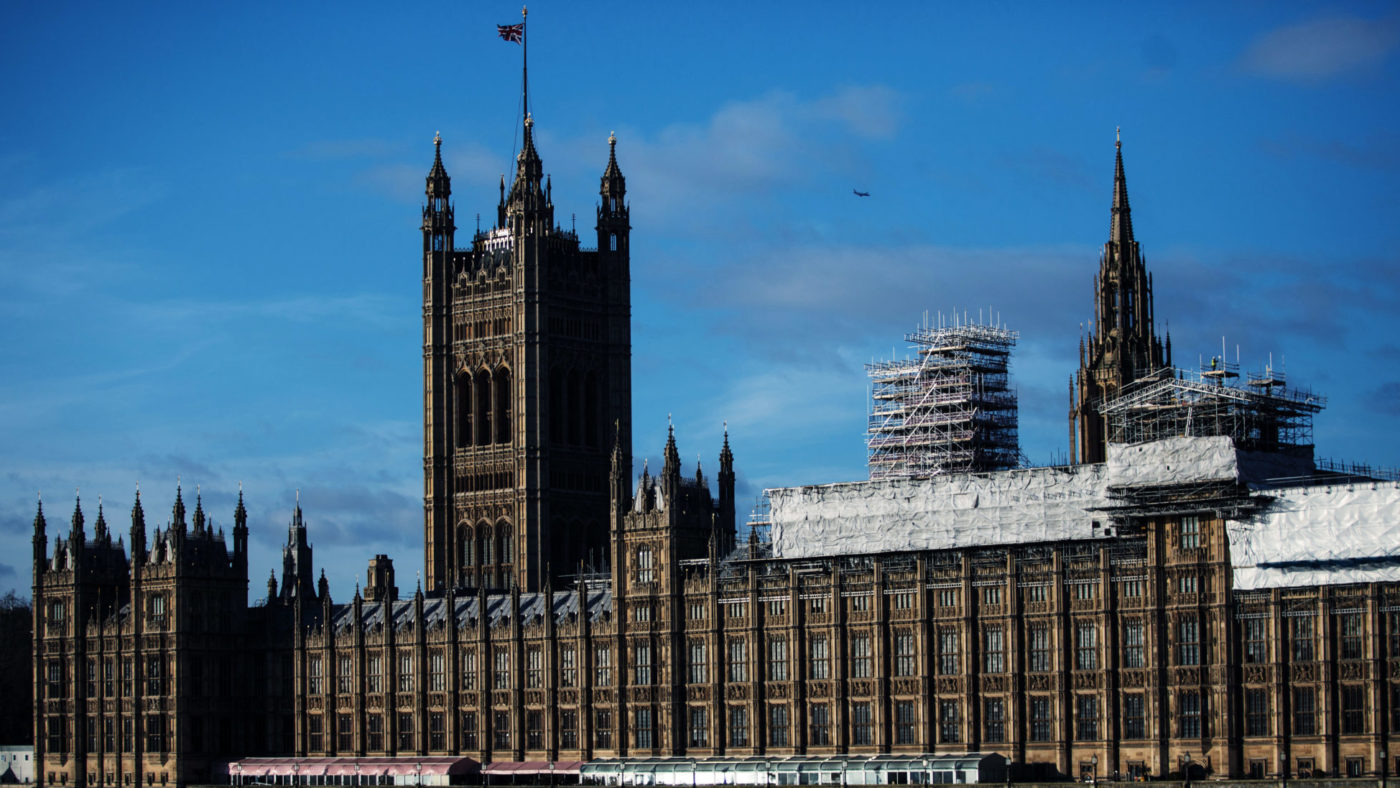Fifty-four per cent of Welsh people are not aware they have a devolved assembly with the power to make laws affecting their lives. In Scotland, the figure is 42 per cent.
While a lack of interest in the minutiae of regional politics is understandable, those statistics are shocking for countries with devolved legislatures entering their third decade. Why those four in 10 Scots think Nicola Sturgeon is on their TV screens so much, we can only guess.
Those figures come from polling commissioned by the Centre for Policy Studies as part of Who Governs Britain?, a report by Conservative MP Matt Warman which looks at the British public’s knowledge of and faith in elected officials.
For those of us who believe democracy rests on the informed consent of the people, the results make for uncomfortable reading.
When asked which layer of government they trust most – parish council, unitary authority (or similar applicable in their area), or the House of Commons – the most popular answer was “none of them”. Three quarters of those surveyed reported having no contact with their MP in the previous 12 months. Is it any wonder people don’t trust politicians if they never see them?
If the British public don’t know what politicians do, and don’t trust them to do it anyway, how can we be surprised when opinions slide towards the fringes? Towards people who promise fantastical policies which no hope of delivering, when they turn to the glib slogans of a strongman over achievable goals?
“Who governs Britain?” feels like an appropriate question for 2018. The Brexit referendum brought into sharp relief the feelings of many people that the UK should “take back control” from Europe — even though our polling showed only three in five people know the EU has a role in making laws that affect Britain.
Warman’s report sets out several ways to reform government that could bring power closer to the people. His proposals on housing would move the decision-making centre away from a planning committee hidden away in the depths of a local authority and put it in the hands of residents who live and work alongside new developments.
The idea is to allow local communities to submit recommendations on the design of new homes, ensuring they fit with the surrounding area, with the Government releasing funds for new schools and health facilities to serve an increased population. If people know that new homes will also mean more funding for their area, they are far more likely to support more housebuilding.
Politicians also need to do more to reach out. Digital communication is key, but people should also be able to trust the content they see online. That is why the report recommends weaving critical thinking through the school exam structure. Giving young people the tools to think critically will help them not only spot fake news, but potentially work out which manifesto spending commitments are a little too good to be true.
We also need to adapt our democracy to the technology that surrounds us. While traditional political literature is required to carry an imprint telling the public who the material is produced by, digital campaigning — which we know can be very precisely targeted – has no such requirement. The Government should work with social media companies to to help the public understand where that viral infographic on their Facebook page has come from, who paid for it, and why it has been targeted at them.
In isolation, none of these policies will dramatically increase the man on the street’s interest or belief in their local MP. But taken together, evidence-based policies and a shift across government towards transparency by default are a good start.


